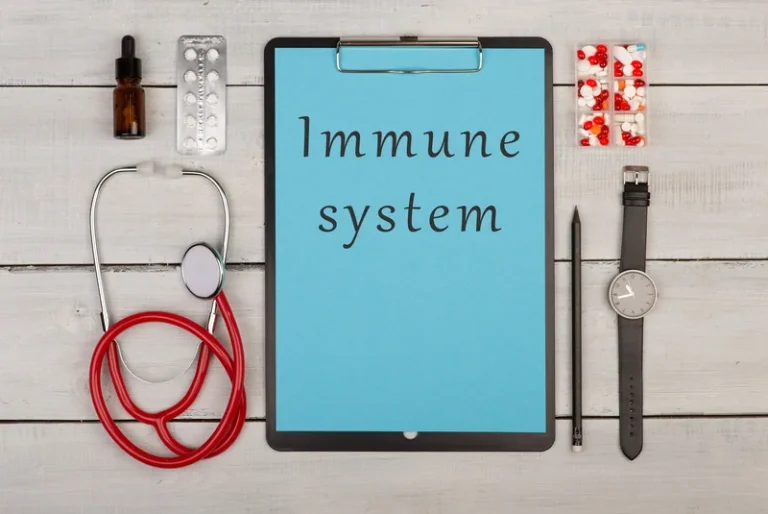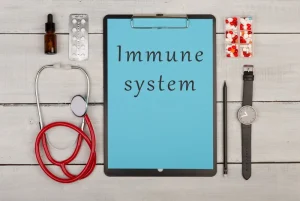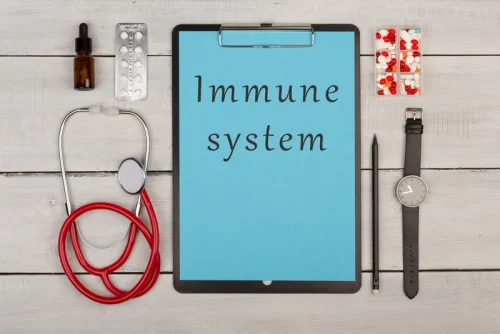
They also mention that drinking less is better for a person’s health than drinking more. According to data from the Substance Abuse and Mental Health Services Administration (SAMHSA), as of 2019, 85.6% of people over age 18 in the United States reported that they had drunk alcohol at some point Drug rehabilitation in life. Red wine may be one of the healthiest alcoholic beverages, probably due to its high concentration of antioxidants.
Risks of moderate alcohol use
If there’s one type of alcohol that routinely generates good-for-you headlines, it’s red wine. Studies have even shown a relationship between moderate consumption of red wine and a healthier heart. These are the health benefits of non-alcoholic beer both as a replacement for alcoholic beers and as a healthy drink in its own right.
Should We *Really* Be Putting Castor Oil in Our Belly Buttons in the Name of Health (or for Any Reason at All)?
- Again, researchers observed men who were all regular beer drinkers.
- The data in the studies was correlative data, not direct causation data.
Some research has https://ecosoberhouse.com/ begun to embrace alternate methods beyond observational cohort studies. There are, for instance, studies that attempt to randomize participants based on genetics, which Rehm says have more potential to illuminate causal relationships. (Though Marcus thinks this type of research is often over-interpreted.) And there are a handful of randomized control studies looking at the effects of alcohol dosage on health. To clear the ethical hurdles inherent in assigning people to drink alcohol, most of these studies instead take a group of moderate drinkers and prescribe some portion to drink less. So far, some of this research has found low to moderate levels of alcohol consumption has no significant effect on factors like blood pressure or mild negative effects on abnormal heart rhythms. Again, it’s worth noting that all of these review studies combine research that defines “moderate” and “low levels” of drinking in different ways.
Gut health

Numerous factors can predispose people to problematic drinking, such as family history, social environment, mental health and genetics. Simultaneously, alcohol abuse is the third main cause of preventable death in the US, as it’s a large factor in chronic diseases, accidents, traffic crashes and social problems (68). Beer has a similar number of calories as sugary soft drinks, ounce for ounce, whereas red wine has twice as much (28, 29, 30).
- The social and psychological benefits of alcohol can’t be ignored.
- Many alcohol-free beers are also isotonic, which means your body absorbs them quickly.
- Higher-alcohol brews (such as IPAs) can come in closer to 300 calories and added carbs.
- Some people become addicted to the effects of alcohol, a condition known as alcohol dependence or alcoholism.
- The trillions of microbes in your colon and large and small intestines are critical to proper digestion.
- Patients should work with their clinicians to understand their personal risks and make informed decisions about drinking.
Health Categories to Explore

This study, which looked at how drinking non-alcoholic beer affected nurses’ sleep patterns, concluded that it has a positive effect on restful sleep. Most of us don’t drink enough water during the day to maintain healthy hydration levels. This can make us feel lightheaded and tired, and negatively affect our concentration levels.
- When it comes to a healthier alcohol, red wine is top of the list.
- Then, she says, groups like WHO advocate for harm reduction policies accordingly.
- But in many scientific circles, consuming virtually any amount of alcohol is now seen as toxic.
Healthier wine choices
Tim Stockwell, a psychologist and professor at the University of Victoria in British Columbia, also views the effects of low level drinking as small. Stockwell studies the measurement and prevention of alcohol related harms, and stations himself squarely in the camp of researchers who believe no level of alcohol consumption is without risk. Despite his firm stance that evidence indicates drinking in any volume is “net bad” for health, averaged over a population, he explains each drink is likely equivalent to only a few minutes of lost life. “If you consistently have six drinks a week, it’s probably about two or three months of lost life expectancy,” he adds.

Keep your eyes on your drink
People who stop drinking often do so, in part, because of health problems–and so they may constitute an inherently less healthy group compared with those who keep drinking moderately. Calonge notes that the National Academies report sought to eliminate this problem by only including studies that separate never drinkers from quitters. However, some kombucha makers are now producing hard kombucha, which has an alcohol content similar to beer or hard seltzer.
Earlier this month, for instance, the media reported on a new study that found even small amounts of alcohol might be harmful. Regular moderate drinkers are less likely to get kidney stones — 41% less likely for those who drink benefits of alcohol beer, 33% for wine drinkers. Part of the reason may be that alcohol, like caffeine in coffee and tea, makes you pee more often. Drink too much, though, and you can get dehydrated, and that increases your risk of kidney stones along with other health problems.

